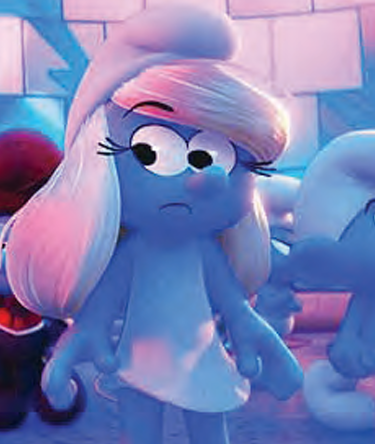A global creative union organized a protest against the use of Artificial Intelligence (AI) and Generative AI on the dangers of AI in the animation industry, outside the venue of the prestigious French Annecy Animation Film Festival yesterday.
At the protest, the group urged creative workers to get informed about AI, unionize with their colleagues to protect their art, culture and livelihood, while also calling on producers, showrunners, studio heads and production staff to protect the creative culture, by prioritizing creative workers and their works.
In a June 10, article by Animation Magazine, the hybrid magazine, articulated several fallacies around the use of AI, particularly Generative AI, which include that it is cheap, effective to run, enhances creatives works, time-saving and environmental-friendly.
According to the magazine, Generative AI is neither effective or cheap, rather a flawed, copying machine that builds upon and draws not only from copyrighted works it was trained on, but also from the local human cultural values and norms embedded within these works.
“It poses an immediate threat to creative innovation and renewal, replacing the richness and diversity that characterize human creativity with a creativity shaped by the biases of those controlling and using it. It actively pushes creatives out of their respective industries … Gen AI is a technology that does not seek to support artistes but to destroy them. the absence of humans is a feature, not a bug, of AI art.”
The article further reeled out ways AI is used to promote dissent, confusion and distrust among the public via its use in the creation of deepfake pornography, fabrication of criminal evidence and news that pose a global level of insecurity.
Additionally, it noted that the “computational power required to train and use Gen AI models demand a staggering amount of electricity and water which directly strains municipal water supplies, and disrupts local ecosystems.” Unchecked, it results in environmental consequences including expanding demand for computing power, larger carbon footprints, shifts in pattern of electricity demands, and an accelerated depletion of natural resources; not to mention lack of respect for human rights.
However, since there is no avoiding or obliterating Gen AI, stakeholders have suggested the implementation of the 3Cs (Consent, Compensation and Controls) to guide its use, in order to protect human creativity, culture and creatives’ rights.
Consent advocates for a balance between use of technological innovation and maintaining a sustainable and strong cultural and creative sector, meaning that training AI with the copyrighted works should only be done with the consent of the author(s) of those works. Compensation demands that creators and performers be fairly compensated for the use of their work including but not limited to illustrations, animations, writings, voicework, likeness or images in AI-generated content. Finally, on Controls, creators need to be able to oversee how their works, identities, and creative outputs are used, adapted or reproduced by AI systems.
“This control ensures that the creators’ intellectual property (IP), labour and reputations are respected and that they receive fair recognition and compensation.
“For this to happen,” continued the magazine, “creators need to have an understanding of what AI, and in particular, Gen AI entails; it is also necessary to build agency among themselves to negotiate relevant employment conditions.”
We’ve got the edge. Get real-time reports, breaking scoops, and exclusive angles delivered straight to your phone. Don’t settle for stale news. Join LEADERSHIP NEWS on WhatsApp for 24/7 updates →
Join Our WhatsApp Channel










